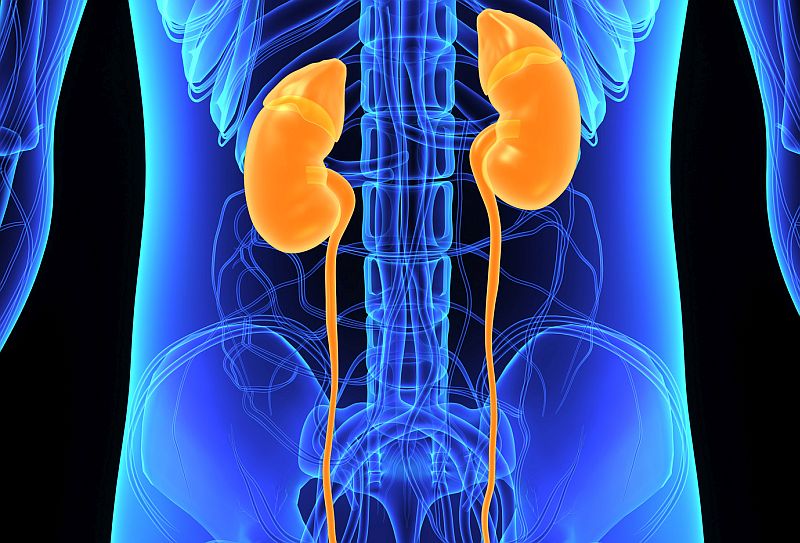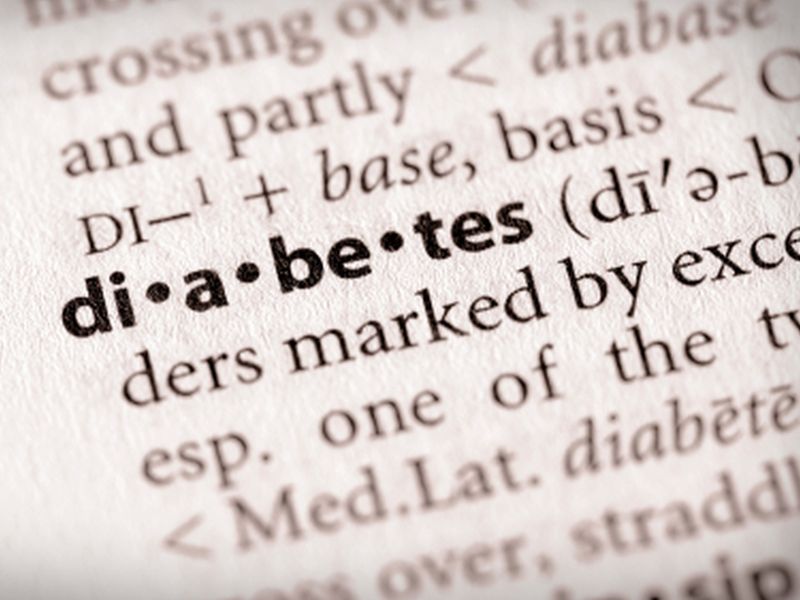
The actual number of opioid overdose deaths in several U.S. states is likely far higher than death certificates suggest, a new study says. Incomplete reporting of overdose deaths can hamper efforts to fight the nation’s opioid epidemic, according to the University of Pittsburgh researchers. They said that as many as 70,000 opioid overdose deaths were… read on >
















